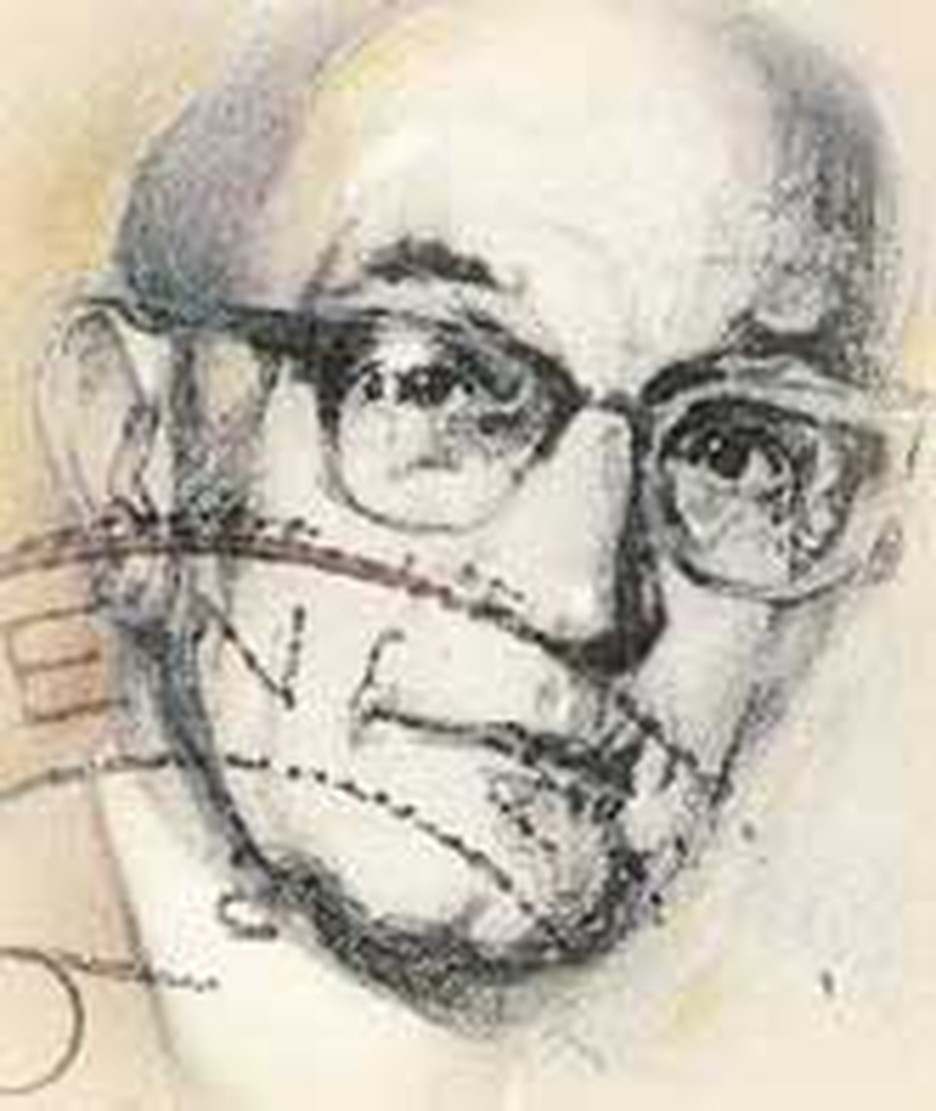
The results of some trials are foregone conclusions. In the case of Martin Niemöller the words of Hitler ensured that any court appearance would be perfunctory. Niemöller had delivered a "rebellious" sermon in 1937 and Hitler heard of it and of taped phone conversations in which Niemöller repudiated the Nazi line. Bent on obtaining absolute control over the church, Hitler flew into a rage and bellowed that Niemöller was to be placed in a concentration camp and kept there for life since he had proven himself "incorrigible."
It is true that Niemöller had helped organize a "resistance" to Hitler's takeover of the Protestant churches, a group called the Pastor's Emergency League. "...we have called into being an 'Emergency Alliance' of pastors who have given one another their word in a written declaration that they will be bound in their preaching by the Holy Scripture and the Reformation confessions alone..." he wrote in an open letter September 1933. This group developed into the Confessing Church. Nonetheless, he apologized with deep regret in October 1945, after the war, for failing to speak out early and strongly enough against Nazism:
When the Nazis came for the communists,
I remained silent;
I
was not a communist.
When they locked up the social democrats,
I
remained silent;
I was not a social democrat.
When they came for
the trade unionists,
I did not speak out;
I was not a trade
unionist.
When they came for the Jews,
I did not speak out;
I was not a Jew.
When they came for me,
there was no one left to
speak out.
However, there were plenty of "German Christians" who did not resist at all; who thought that Christ had come through Hitler and their first task was to be German, not Christian. Pastor Leutheuser verbalized their thoughts. Niemöller, an ex-submarine captain, was appalled at this attitude. Christ was to be central in every Christian's heart. 7,000 Lutheran ministers agreed with him. Niemöller, until his imprisonment, was their strategist. Karl Barth joined this Confessing Church in writing a rejection of the state's claim to totalitarian power in religious and political matters. This became known as the Barmen Declaration.
Although Niemöller was the symbol of Protestant resistance to Hitler, he has been accused of anti-semitism because he preached that the Jews will suffer until they embrace Christ.
In prison, he wrote many letters. On February 8, 1938 the second day of his trial, he wrote to his wife Else, "Give my greetings to the congregation and tell them that I place my entire confidence in God's mercy, and that I am convinced that one day we will recognize in the light the paths along which he leads us now in the darkness and that we will praise his wisdom! God does not desire to give us earthly hopes, but he will certainly not abandon us. Jesus Christ remains the same, that is certain; and God will grant us that "we remain with him!" The trial ended on this day, March 2, 1938, and afterward he was sentenced to seven months in prison. Hitler had him arrested again almost as soon as he was released. This time his resistance placed him in concentration camps at Sachsenhausen and Dachau until the end of the war. Altogether he spent eight years in prison.
When Niemöller visited the hotel where Albert Speer, a Hilter associate, was held after the war, Speer expected to see a broken man. Instead, it was a healthy and youthful figure he saw who had emerged from the camps. Perhaps a clear conscience had helped keep him so.
Bibliography:
- Niemöller, Martin. Exile in the Fatherland; letters from Moabit Prison. Editor Hubert G. Locke. Grand Rapids, Michigan: Eerdmans, 1986.
- "Niemöller, Martin." The Oxford Dictionary of the Christian Church. Edited by F. L. Cross and E. A. Livingstone. Oxford, 1997.
- Speer, Albert. Inside the Third Reich. New York : Macmillan, c1970.
- Various encyclopedia and internet articles.
Last updated May, 2007.


